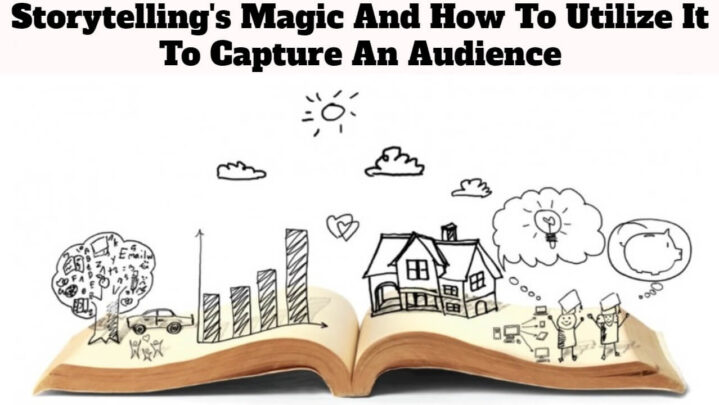Storytelling, whether in the form of a novel, a film, a song, or a simple conversation, has the power to captivate an audience and take them to another realm.
One of the most important aspects of storytelling is the capacity to connect emotionally with the audience. This may be accomplished by employing descriptive language, imagery, and well-crafted characters with which the viewer can identify. By eliciting emotions like fear, love, and hope, the viewer is more likely to get immersed in the tale and have a stronger connection to the characters and plot.
Another crucial part of the narrative is the utilization of conflict and tension. This may be accomplished by presenting hurdles and problems that the characters must overcome, creating a feeling of drama and excitement. The audience is then able to follow the protagonists on their journey and root for them to succeed.
In addition, storytelling may be utilized to deliver a message or a lesson. The narrative can be used to remark on a societal topic or to communicate a personal opinion by employing symbolism and metaphor. This may be a great technique to encourage change and leave a lasting impression on the audience.
When it comes to capturing an audience, it is critical to consider the medium through which the tale is presented. A novel, for example, allows for more precise and descriptive language, but a film or song needs a more visual and aural approach.
Also Read: The Importance Of Storytelling In Keeping And Sharing Travel Memories





